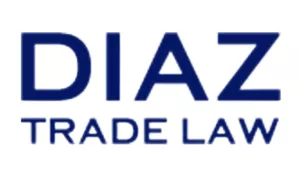The United States, Canada, France, Germany, Italy, Japan, the United Kingdom, and the European Union (the G7) published joint guidance for industry on preventing evasion of the export controls and sanctions imposed on Russia.
The goal of the guidance is to protect common high priority list items from misappropriation, prevent reputational harm, and mitigate liability risk. The guidance aims to assist industry with complying with multilateral export controls and sanctions and with identifying evolving Russian evasion practices.
The guidance outlines three priority areas: Items that pose a heightened risk of being diverted to Russia, red flag indicators of potential evasion, and best practices to address red flags.
1. The Common High Priority List (CHPL)
The European Union, Japan, the United Kingdom, and the United States developed the CHPL to identify items that pose a heightened risk of illicit diversion to Russia. Items include:
- Integrated circuits
- Navigational instruments
- Digital cameras
- Transistors
- Signal generators
- Milling machines
See the full CHPL here.
2. Red Flag Indicators
The G7 identified the following red flags indicators of potential export control and sanctions evasion:
- Sudden changes in business activity after February 24, 2022
- Fales, inaccurate, or misleading documentation
- Concealing the end user
- Inconsistencies in the transaction
- Vague details and/or incomplete information
- Dividing invoices
- Suspicious customer information
3. Best Practices
The G7 calls on responsible traders to improve export compliance systems and exercise enhanced due diligence. Specifically, following these steps when encountering any red flags:
- Run transaction parties against applicable public sanctions lists
- Conduct additional due diligence
- Analyze the risk of export control and/or sanctions circumvention
- Refrain from the transaction if there is reason for concern
The guidance concludes with screening tools and additional guidance documents to assist traders in these efforts.
The guidance demonstrates the G7 countries' commitment to enforcing export controls and sanctions imposed on Russia. Individuals and companies should familiarize themselves with this guidance and incorporate the best practices into their compliance programs.
The content of this article is intended to provide a general guide to the subject matter. Specialist advice should be sought about your specific circumstances.


